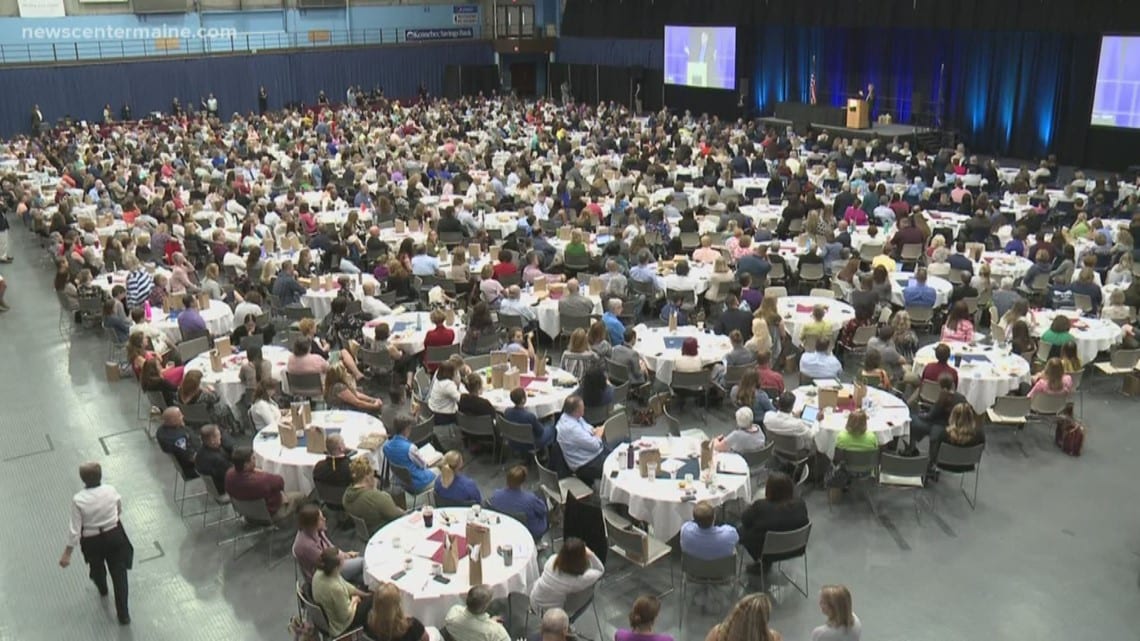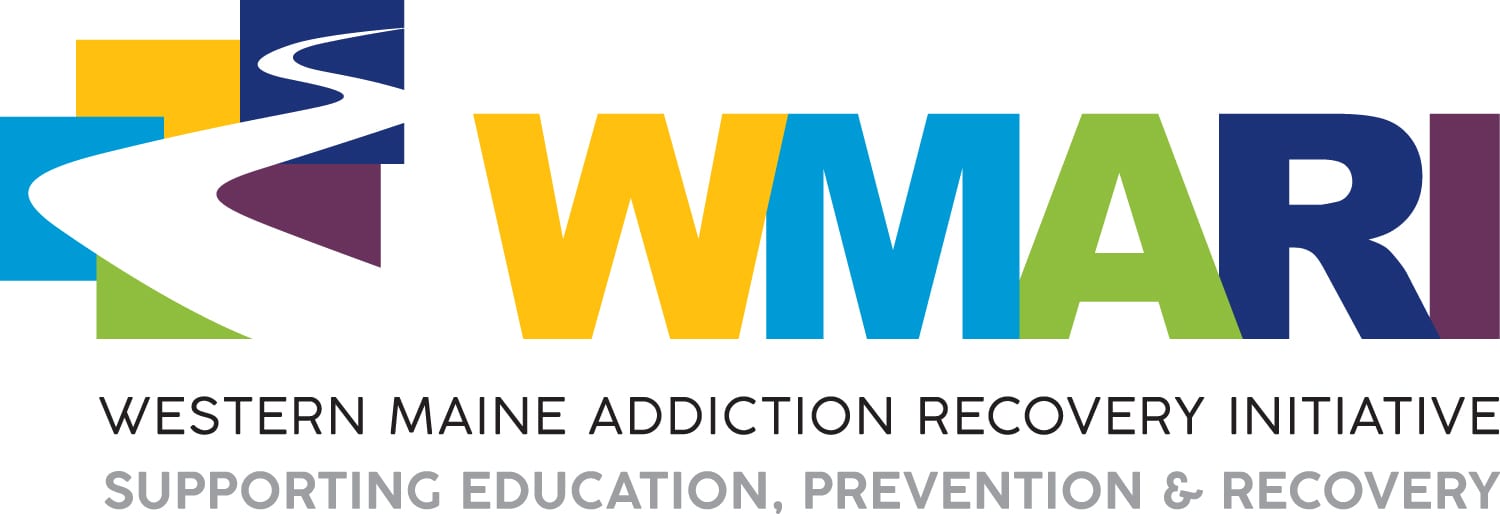
Photo source: News Center Maine
Last Monday, Maine held the first state Opioid Summit and announced plans for these to be regular events as we work to improve our response to the epidemic of addiction and better support people in moving toward treatment and recovery. I was very lucky to have been moved from the waiting list and allowed to attend the event, and wanted to share the resources that I collected. I also wanted to share some thoughts about the event:
- Probably the best thing about the summit was the decision the organizers made to start each session, whether it was a keynote or a breakout, by having someone share their story. Often these were people in recovery, but sometimes they were family or loved ones who had lost someone to the disease of addiction. As anyone who’s attended one of WMARI’s annual Recovery Rallies would tell you, these stories can be extremely powerful and they’re probably the most effective way of getting people to think differently about addiction. They help people to understand that the disease touches us all, rich or poor, black or white, Democrat or Republican, young or old–no one is immune. They help to build empathy, and to break down stigma. These stories were an incredible gift, and presenters throughout the day gave immense praise to the people who were brave enough to share their experiences. I hope that we can do more work in Western Maine to create the conditions for sharing to occur. The “Sharing Our Stories” panel that took place last winter as a part of the OHills Reads project (focused on the book The Seventh Wish) was a great event and we should do more like it.
- There are a TON of people doing good work throughout the state to create Recovery-Ready Communities, and we can learn a great deal just within Maine by connecting with other initiatives doing similar work. This summit could be a good way of checking in with folks every year, but I think that we need to create other opportunities to connect as well.
- Everyone is getting used to people-first language around substance use disorder. Even the Governor’s opening remarks included “alcohol or drug abuse,” and one of the keynotes used the word “addicts” a few times. This didn’t make me think that they’re bad people for the choice of words, but it reinforced the idea that the newer, more compassionate and person-first language is something that we’re all still getting used to, and it’s going to take time.
- It struck me that we, as a society, don’t need to punish those living with addiction with our shame and judgement because they punish themselves and carry burdens we can’t see (at least not totally).
Please note that the thoughts above don’t represent the opinions or positions of WMARI. I’m just one member with one voice.
Here are some things that I picked up from the presenters that day:
- About 8% of all Maine babies born in 2018 were drug-affected (twice the rate of a decade ago)
- Substance Use Disorder has about the same incidence rate as diabetes, but 9 out of 10 people with a SUD don’t get any treatment, while 85% of people with diabetes do.
- There’s no other disease where we tell people “you have to hit bottom before we’ll engage you to take care of your condition.”
- Only 8% of referrals to rehab centers come from healthcare
- If an intervention doesn’t specifically include LGBTQ+ people (who are at higher risk for SUD), it usually excludes them. Some coalitions put the rainbow on outreach materials to say, “We’re not going to call you out, but we know that you’re there.”
- Some coalitions have partnerships with realtors to encourage clients who are having an Open House to store their Rx meds out of sight or in an unexpected place so that they aren’t stolen.
- Providence, RI uses fire stations to connect people with Recovery Coaches in a program called “Safe Stations.” Their EMTs can immediately evaluate a person and medically clear them or help identify the level of detox that they might need, and a Coach can be on site within 15 minutes of the person arriving.
- Healthy Acadia organizes Recovery Resource Fairs to connect people with supports and “Building A Recovery Community” potlucks to connect people with each other. Could we try these here?
Now on to the resources!
- Mills Administration Overdose Response Progress Report
- Opioid Related Legislature and Results
- Executive Order to Implement Immediate Responses to the Opioid Epidemic
- Directory of Maine Recovery Residences
- Maine Recovery Community Centers business card
- Recovery Boys free screenings flyer
- Key Ingredients for Creating or Activating a Community Coalition
- Family Restored brochure
- Addiction Specialists brochure
- Maine Harm Reduction Conference save-the-date
- Tobacco and SUP Control Program Prevention Professionals Days save-the-date
- Promises and Pitfalls of Treating Addiction article
- Telehealth 101
- Qualidigm: Supporting State Efforts to Address the Opioid Epidemic
- Controlled Substance Stewardship Program for Maine
- 2019 Maine Opioid Summit agenda
- 2019 Maine Opioid Summit breakout sessions
Please note that sharing these doesn’t represent an endorsement by WMARI. I’m just passing along everything that was provided to me that day, in hopes that it might help someone else connect to a resource or learn something they were curious about.
Got questions about anything? Please feel free to reach out to me via brendan@healthyoxfordhills.org or 739-6222.
-Brendan Schauffler, WMARI member
